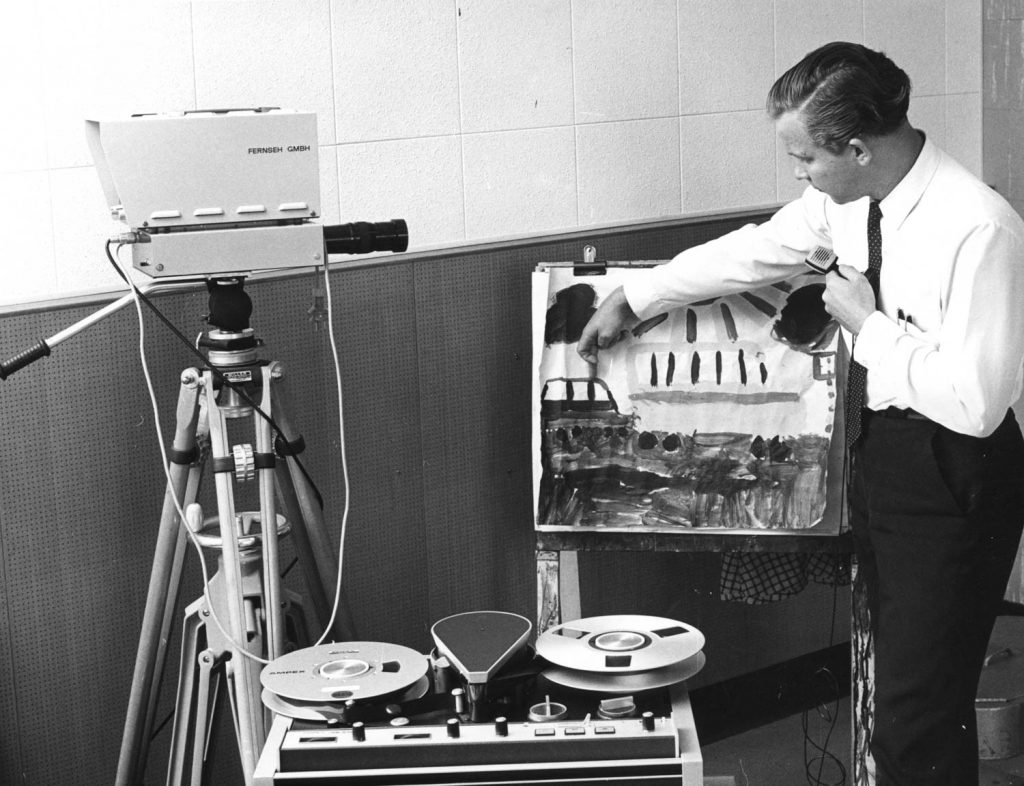
Eddie Keir OAM
Keir became chief audiologist and remained in the role until 1997. He had a background in electrical engineering and child psychology and under his guidance the Audiology Department addressed the behavioural problems of children with hearing impairments.
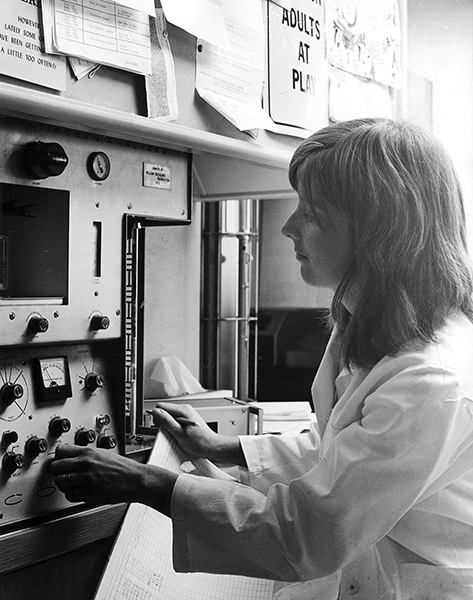
The Royal Children’s Hospital Research Foundation Established
The foundation’s objectives were to support and promote research in all areas of child health.
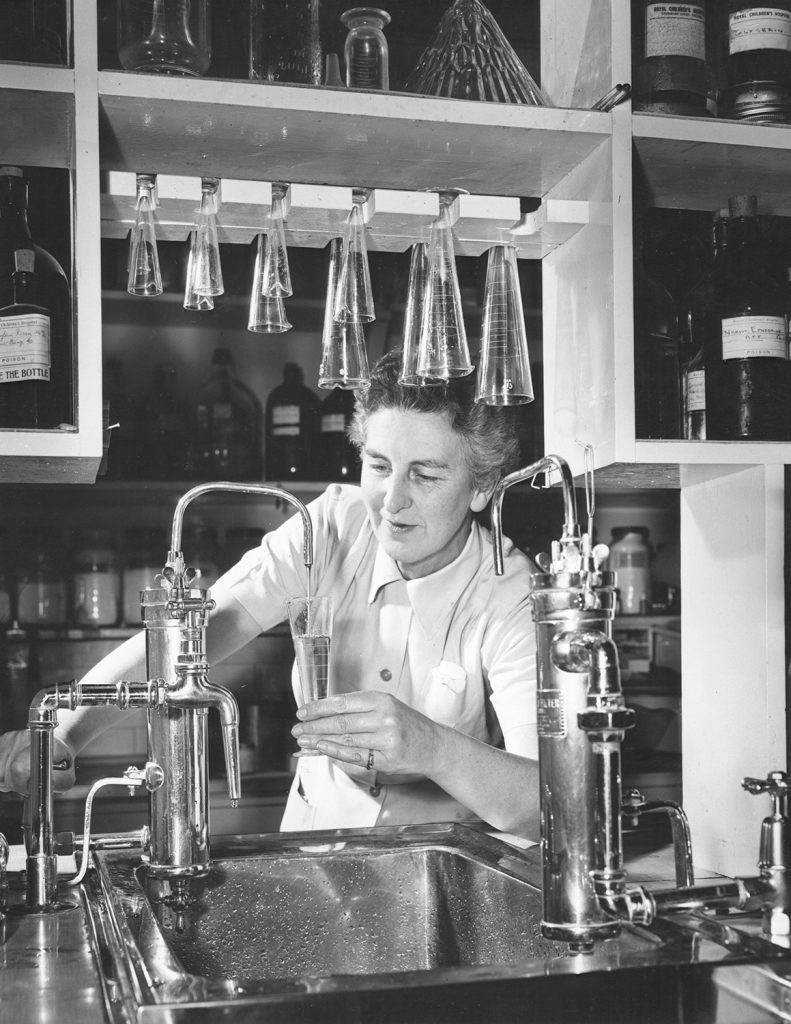
Dorothy Cook
Cook became chief pharmacist and was instrumental in the rapid growth of the department, particularly after the move to Parkville.
Image credit: Laurie Richards Studio
Record-breaking Fundraiser
A large fundraising appeal was held to raise money for the new Parkville hospital. The target was £400,000, with £500,000 raised. At the time it was the largest amount ever contributed in an appeal to a single charity in Australia.
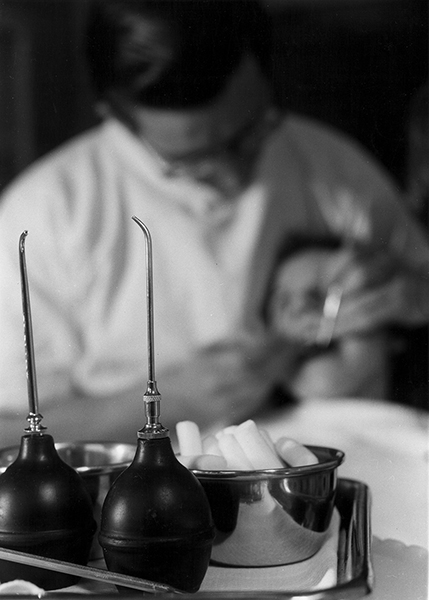
Dental Clinic Formally Established
The hospital has provided dental services since 1899, however the full-time appointment of Associate Professor Roger Hall as paediatric dentist in 1960 resulted in the development and independence of the department.
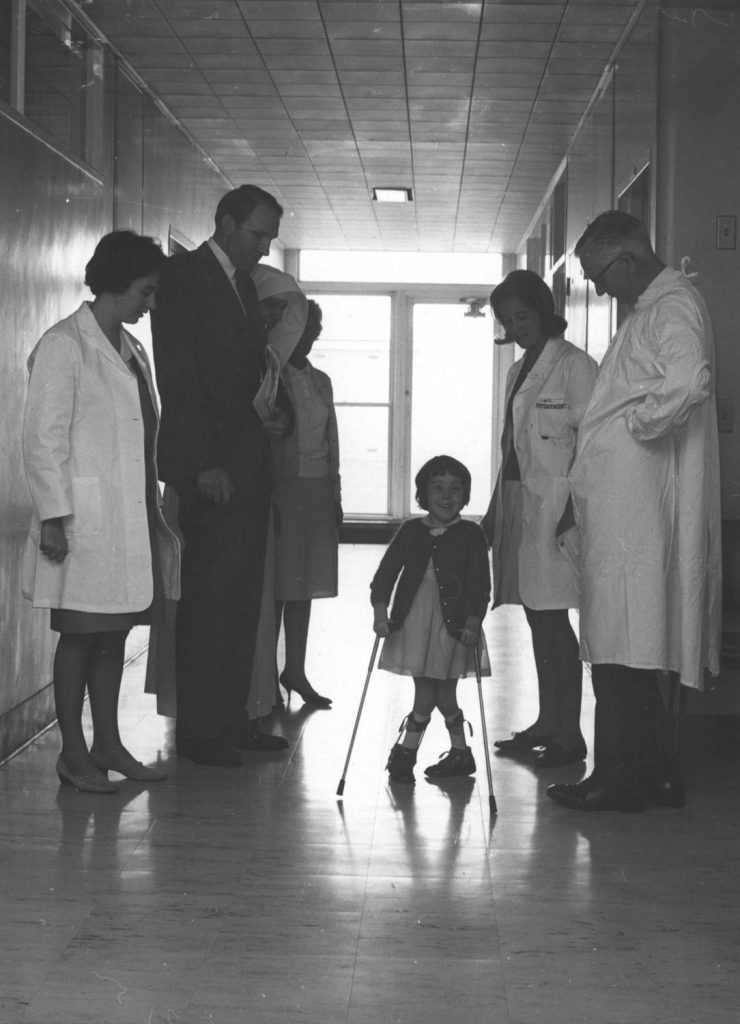
The Spina Bifida Clinic Established
Co-ordinated by Dr Keys Smith, the clinic was soon the second biggest in the world.
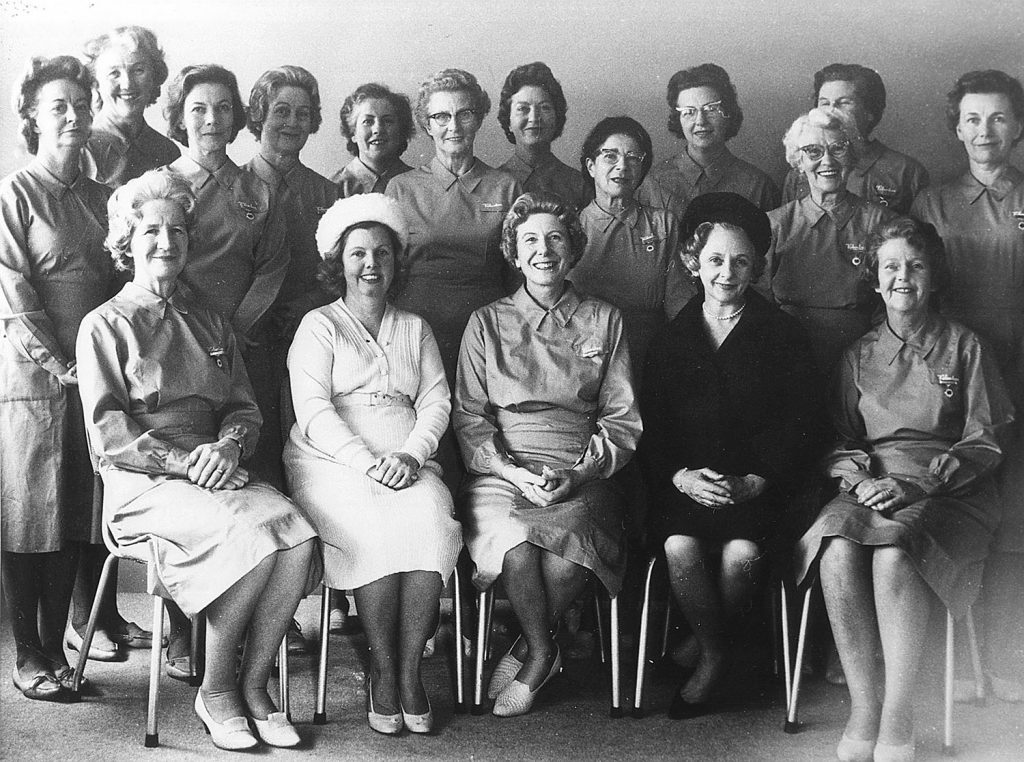
Volunteer Services Established
Carmen Winter held a key role in organising this new service.
Nurse Elizabeth Jackson
Jackson became one of the first nurses to be sponsored to train overseas. Her leadership of the Psychiatric Unit was crucial to its success.
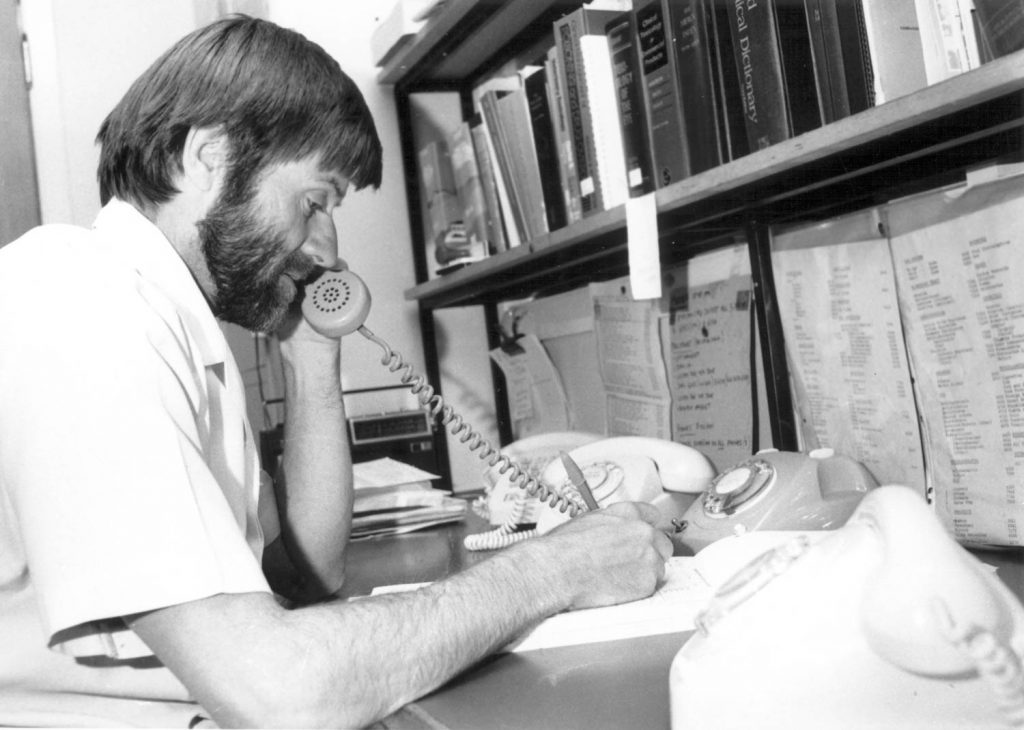
Poisons Information Centre Opened
Dr John Perry was a key instigator of the establishment of a poisons register and resource for parents and health professionals.
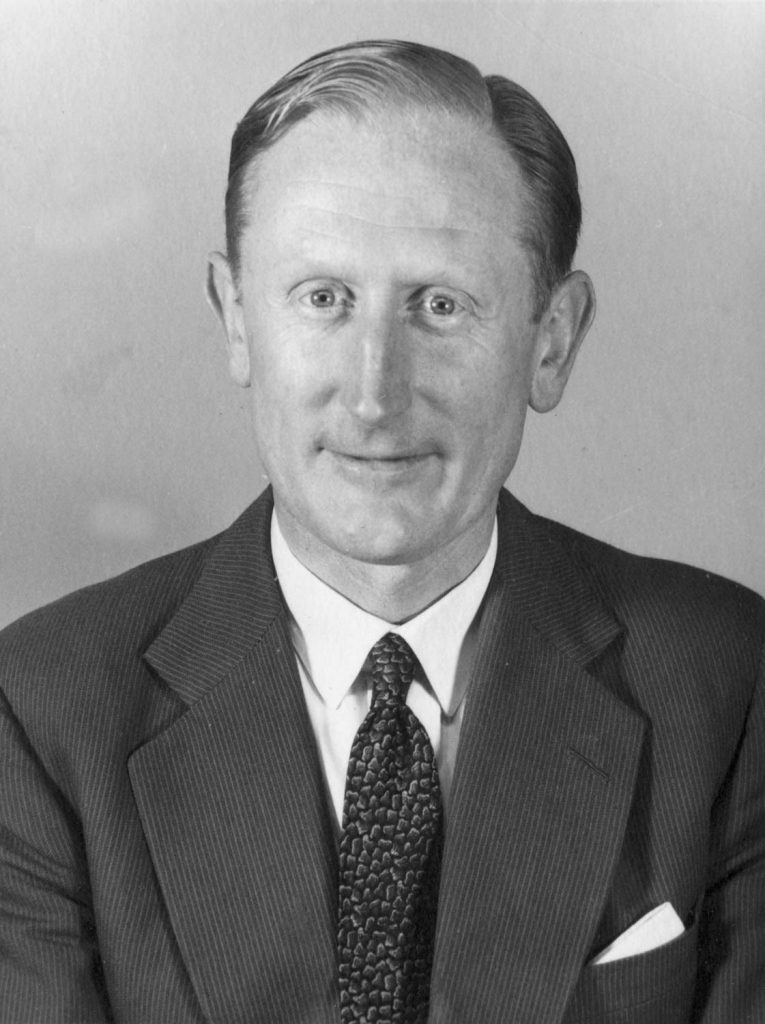
Endocrine Clinic Formally Established
Of particular relevance to the care of children, Dr Norman Wettenhall AM’s interest in endocrinology was formalised as a specialty area of research.
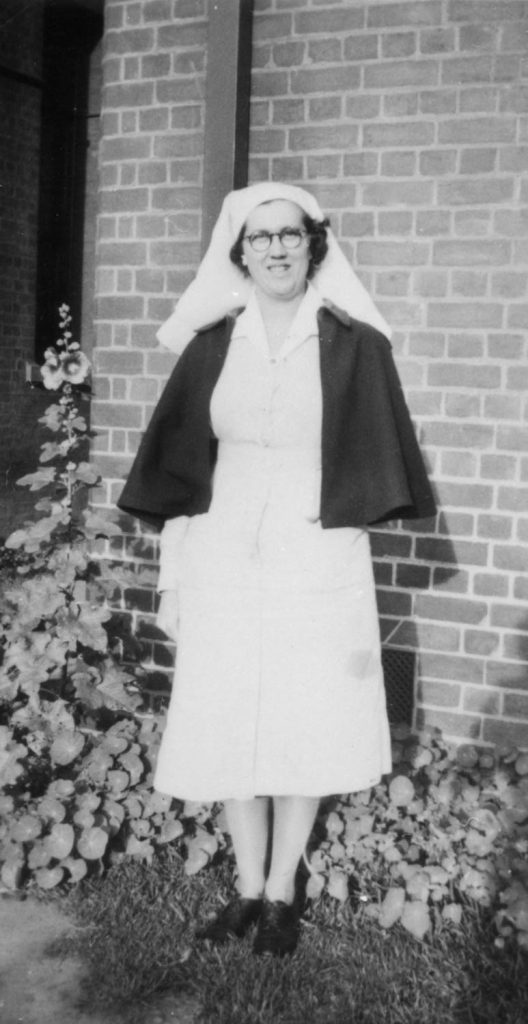
Matron Joan Gendle
The first hospital-trained nurse to gain the director of nursing position. Gendle oversaw the nursing staff during the move to Parkville and stayed in the role until 1969.
Move to New Campus Completed
January 20th, 1963
Patients are moved from the Carlton hospital to the new Parkville hospital.
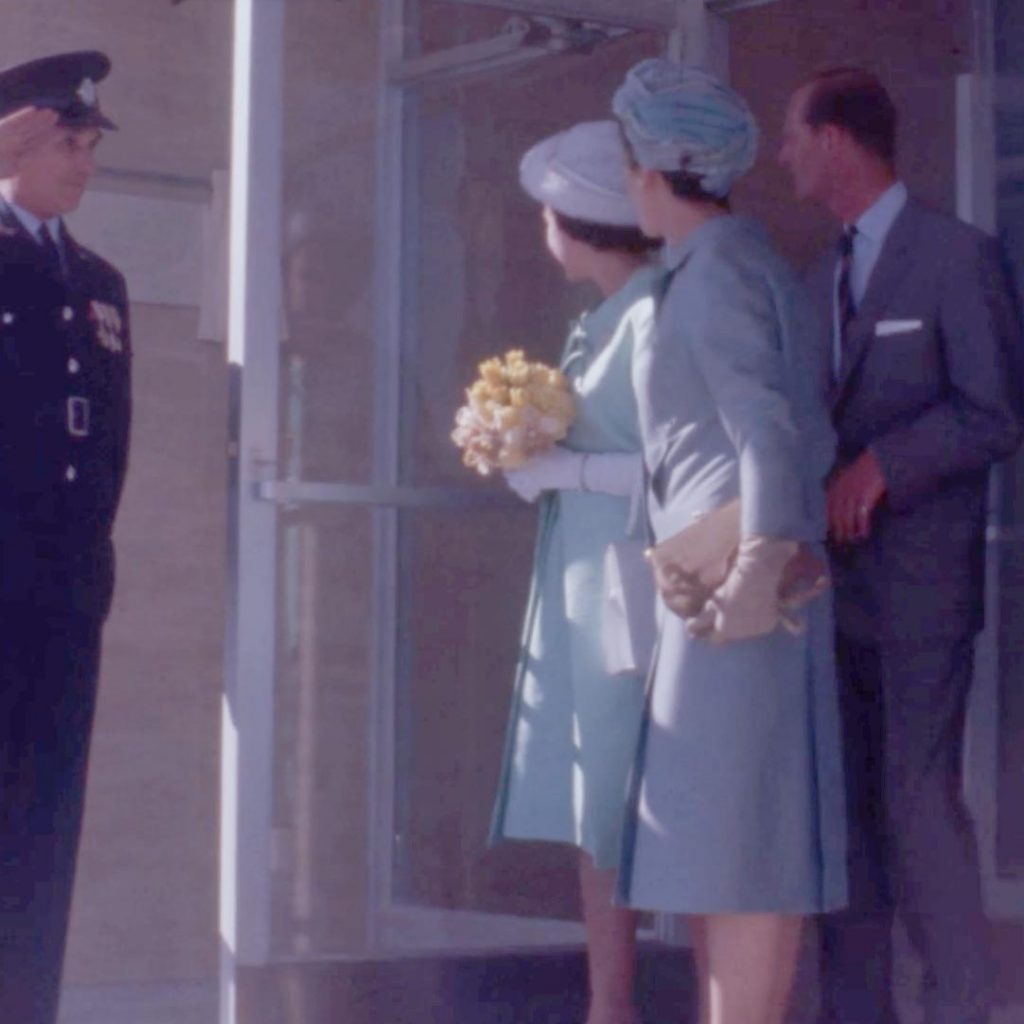
Official Parkville Opening
February 25th, 1963
Queen Elizabeth II and Prince Philip officially open the new premises at Parkville.
A Designated Intensive Care Unit Area is Established
Anaesthetists Dr John Stocks and Dr Ian McDonald began to implement prolonged endotracheal intubation.
Mr E Durham Smith AO
After many years managing the paediatric clinic at the Alfred Hospital, Smith became surgical consultant at the RCH, where he greatly contributed to paediatric urology research and surgical developments.
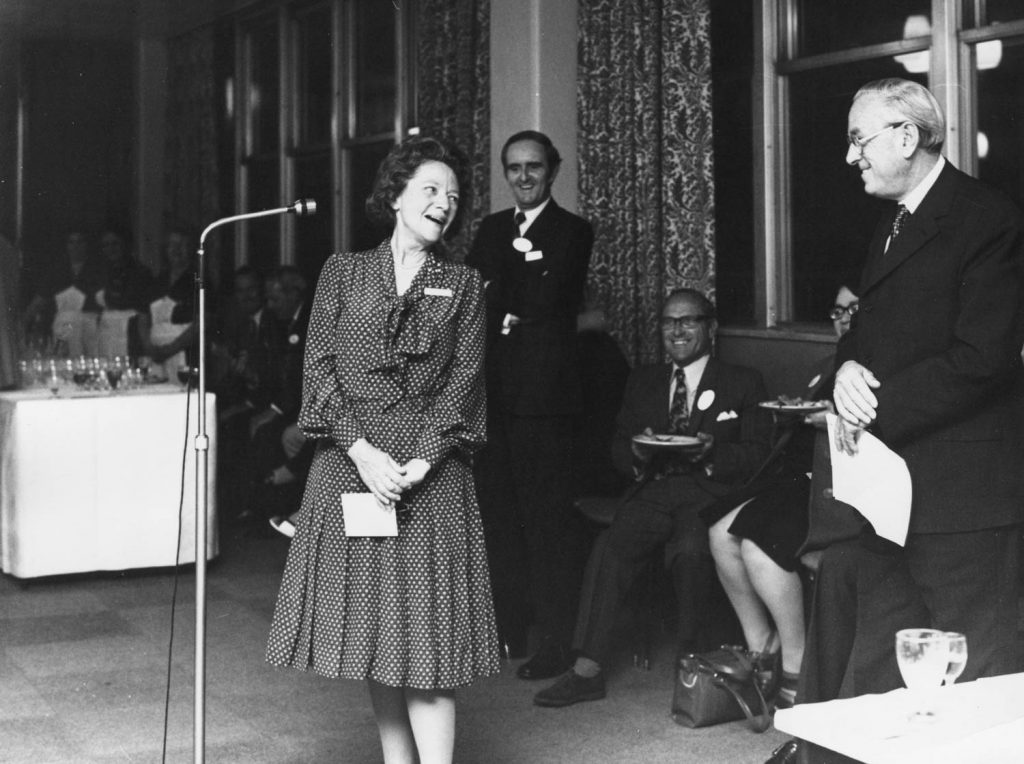
Dame Patricia Mackinnon DBE, CBE
A member of the Committee of Management since 1949, Dame Patricia was president from 1965-1979. Her devotion and capable leadership saw her positive influence on the hospital during the ‘golden age’ in the new building.

Dr L.E.G. Sloan
Appointed medical director, Sloan was instrumental in addressing the issues that arose with a reduction in funding in the late 1970s. He was with the hospital until 1981.
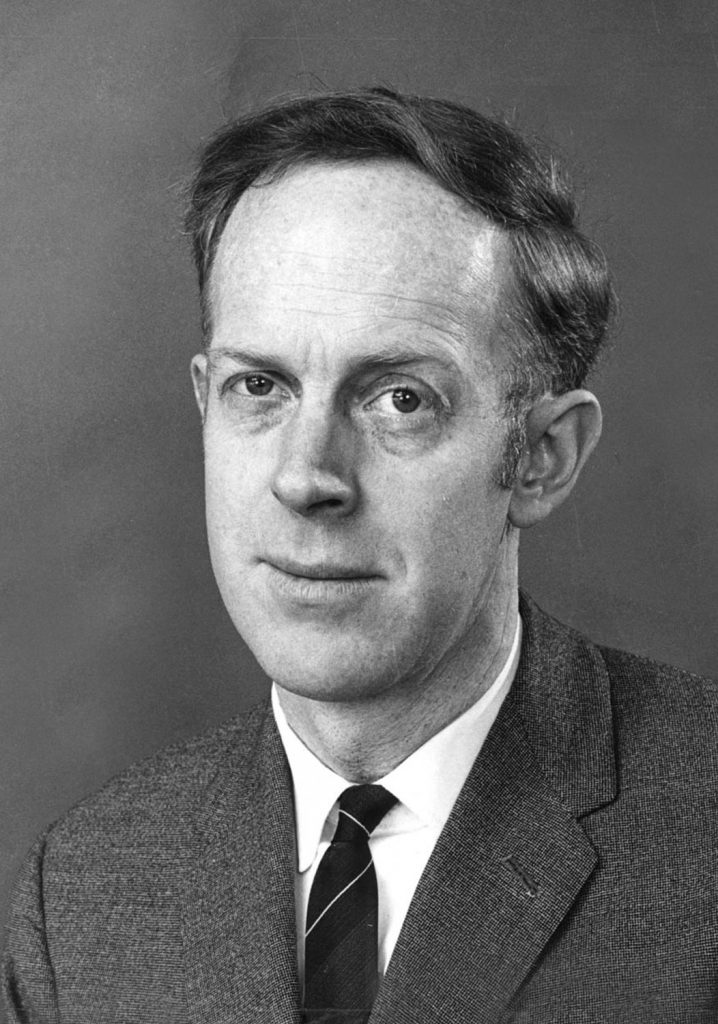
Professor David Danks AO
Danks was a physician at the hospital who specialised in treating patients with liver disease, before moving into genetics research. In 1986 he became a co-founder of the Murdoch Institute for Research into Birth Defects.
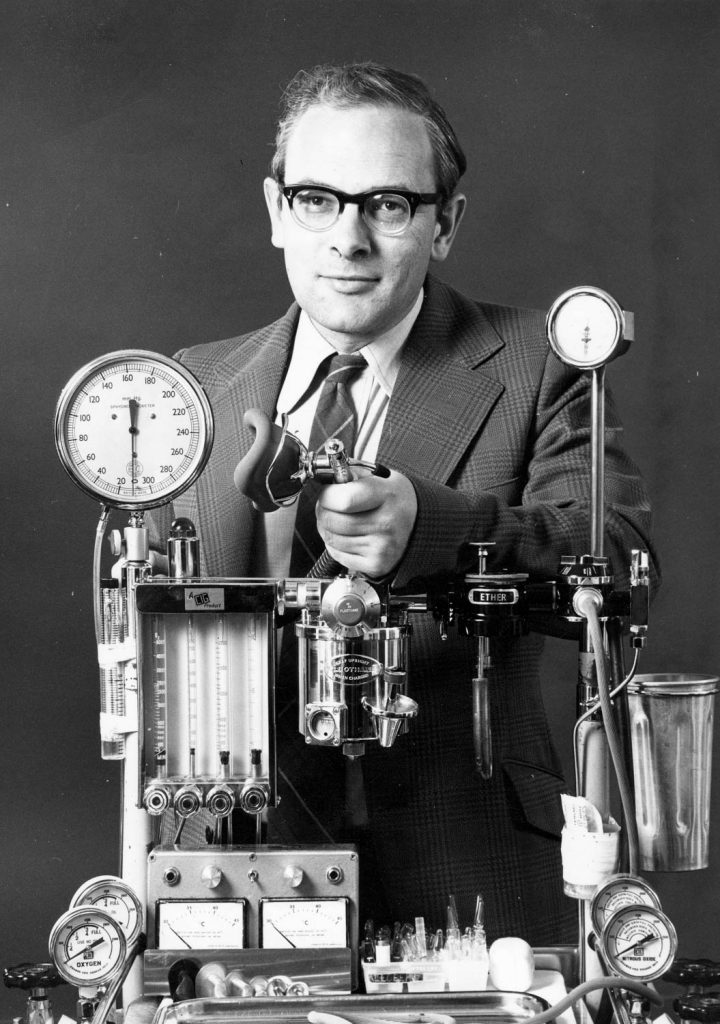
Dr Kester Brown AM
Appointed as medical officer in 1967, Brown became the director of anaesthesia in 1974 and stayed in the role until 2000.
Dr Ian Hopkins OAM
The first in Australia to specialise in paediatric neurology, Hopkins was assigned as head of neurology, where he introduced many improvements and technological advancements.
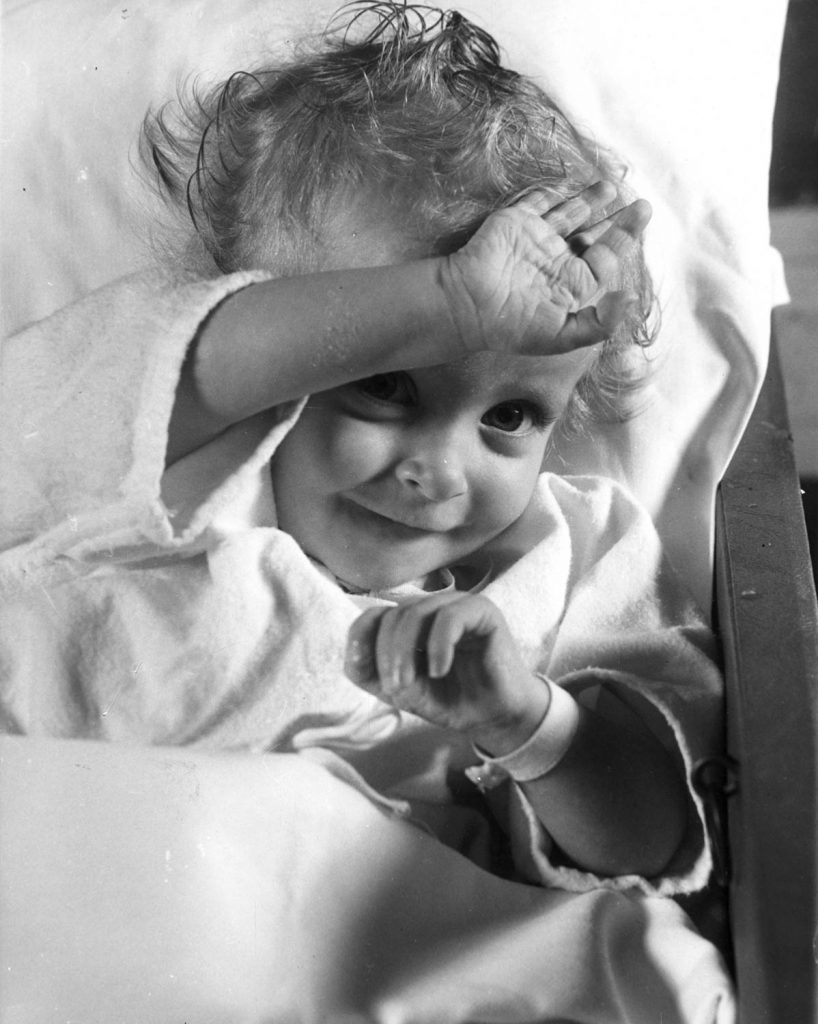
Cardiology Department Formally Established
Cardiology as a specialisation had been developed since the 1950s under the leadership of Dr Mostyn Powell. Powell’s trainee Dr Alex Venables was appointed director.
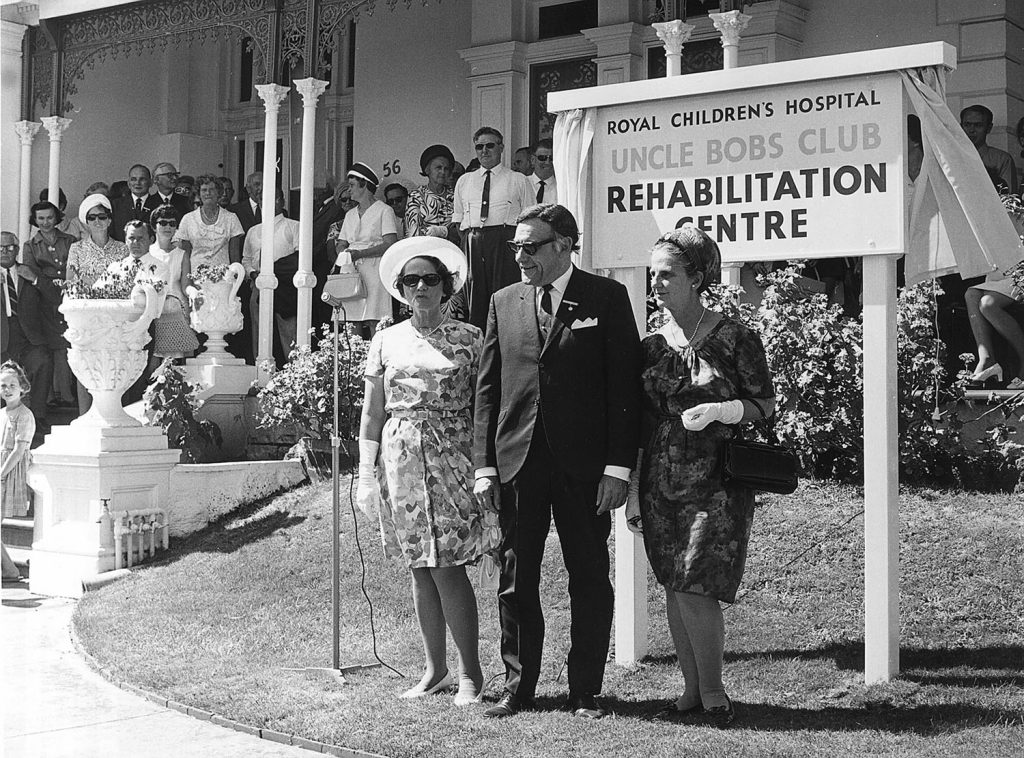
Opening of the Uncle Bobs Club Rehabilitation Centre, Chapman Street, North Melbourne
The Uncle Bobs club raised funds to refurbish the building for use as a rehabilitation centre.
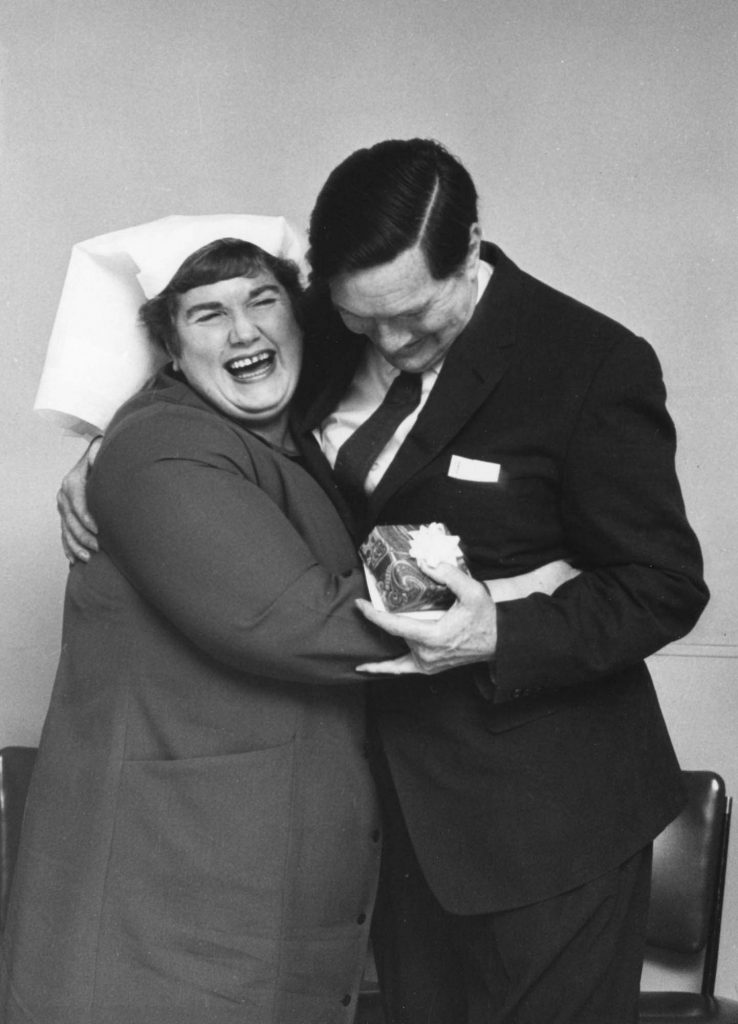
Matron Elaine Orr
Previously matron at The Children’s Orthopaedic Hospital, Orr was recruited as director of nursing for the main hospital. She introduced modernisations to nursing uniforms.
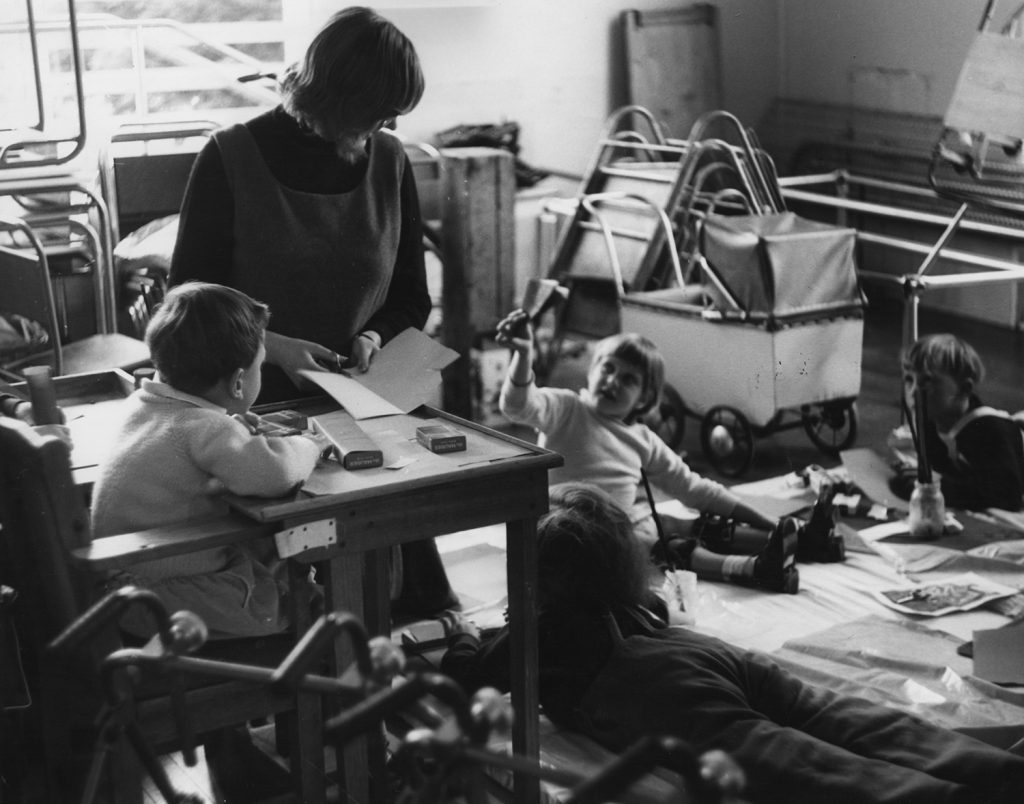
The Royal Children’s Hospital School
The school was first established as an annex to The Children's Orthopaedic Hospital. When the long-term patients moved to Parkville in 1971, the school did, too. Now known as the RCH Education Institute, the department keeps patients connected to learning.
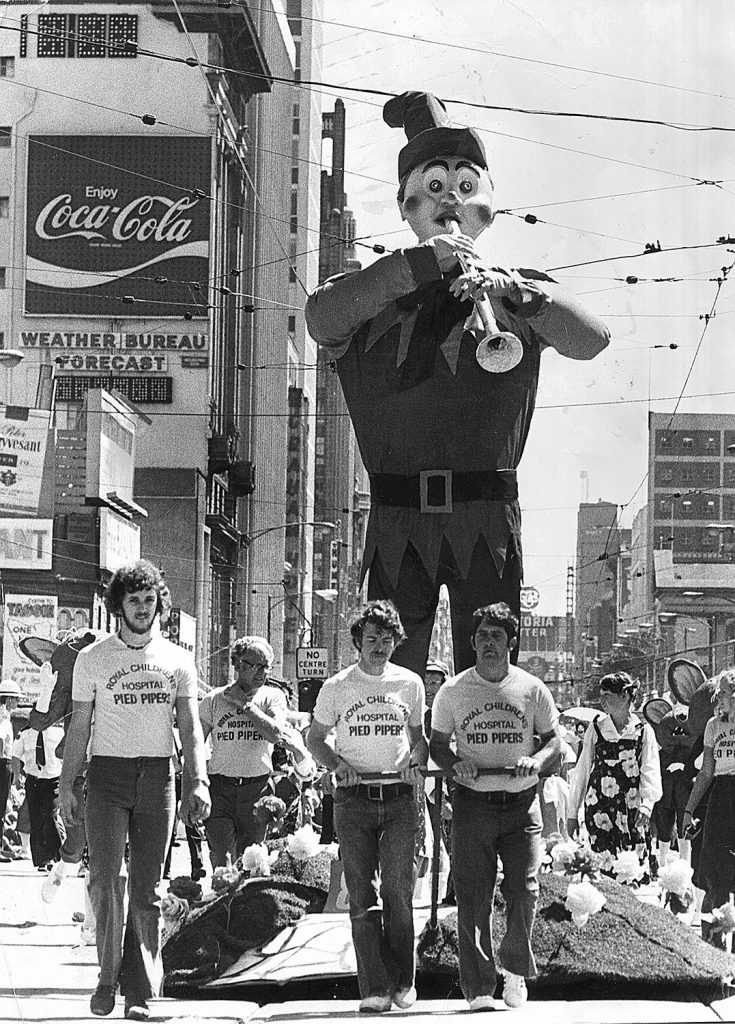
The Pied Pipers
The Pied Pipers was formed by a young group of people who were inspired to fundraise for the hospital after participating in the Good Friday Appeal.




















